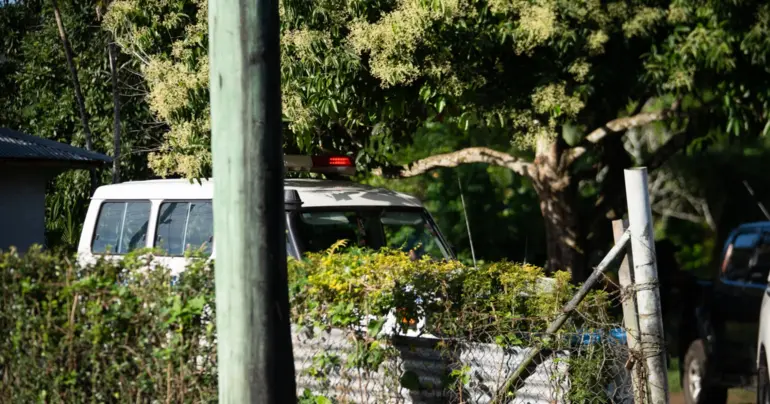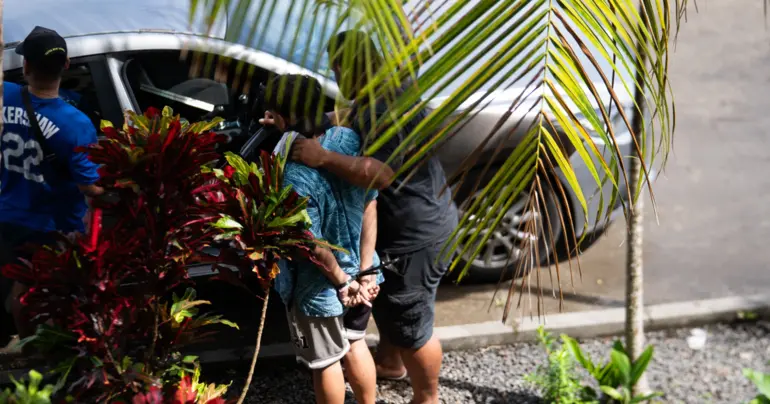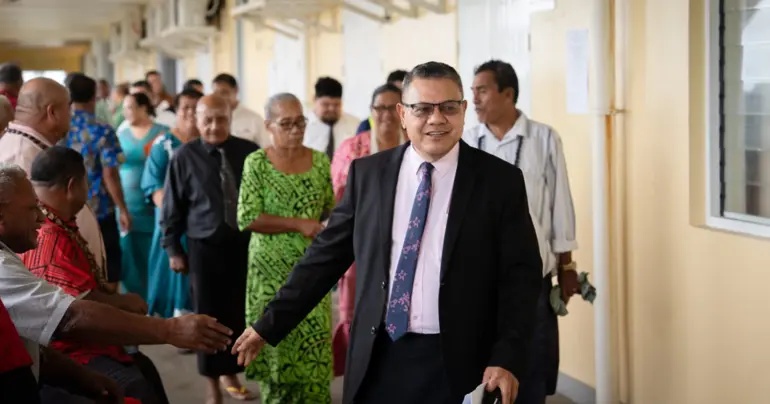Maintaining the independence of watchdogs
The Office of Ombudsman is doing what it is supposed to do. It is an office that is independent of the government. It deals with complaints against senior government officials straying off the track.
An independent body that keeps government officials in check is needed for them to stay on track. That is what the Office of the Ombudsman has done this time. A senior staff lodged a complaint and the senior officials nudged it aside. This somehow showed collusion and the lack of a process needed to deal with such matters.
All offices either government or private need to have procedures that allow for such processes to be facilitated without the complainant being victimised. In the case of the Legislative Assembly Office, it seems that the complainant was given the wrong end of the deal.
This is why it is good to know that the Office of the Ombudsman has officially commenced an investigation into serious allegations of misconduct involving the Clerk of the Legislative Assembly (O.C.L.A.), Satama Uitime Tala.
This follows the receipt of a formal response from the O.C.L.A. to a notice of intent issued by the Ombudsman’s Office.
The notice was related to a complaint lodged by Taikerise Moe, a former principal translator at the O.C.L.A., who has accused Tala of several instances of misconduct.
The notice of intent was served to the O.C.L.A. on 15 July, prompting the Clerk to request additional time to provide a detailed response.
This request was accommodated, and the Ombudsman’s Office received a comprehensive response from the Clerk’s office over a week ago.
In a recent interview with the Samoa Observer, Acting Ombudsman Maualaivao Pepe Seiuli outlined the investigation process, emphasizing the office's commitment to impartiality and fairness.
"Our office operates independently to ensure that both the complainant and the accused are afforded equal opportunities to present their cases," Maualaivao said.
The Ombudsman’s role is distinct from that of the judiciary; while the courts focus on the legality of disputes, the Ombudsman addresses administrative issues based on complaints and the evidence provided. The investigative process involves gathering reports and evidence from all parties involved to address the concerns raised in the complaint.
This is why the government needs to follow up with its intent to set up an anti-corruption Undetected and unchecked corruption in the public sector can cause serious damage including undermining public trust in government, wasting public resources and money, causing injustice through advantaging some at the expense of others, inefficiencies in operations and reputational damage which makes it difficult to recruit and retain quality staff or obtain best value in tender processes. It may also be more difficult to attract business investment, adversely affecting prosperity.
Globally, the World Economic Forum has estimated that the cost of corruption is about US$2.6 trillion a year. The impacts of corruption disproportionately affect the most vulnerable people in society. Widespread corruption deters investment, weakens economic growth and undermines the rule of law.
Corruption is a considerable obstacle to economic and social development around the world. It has negative impacts on sustainable development and particularly affects poor communities. For companies, corruption impedes business growth, escalates costs and poses serious legal and reputational risks.
National anticorruption agencies, for example, can go far beyond merely identifying and prosecuting corrupt officials, vital as this is. They can also assist in creating an environment in which large public works proceed without corruption.
They can operate in ways that command the respect of contractors and contribute to the building of a business environment that is imbued with integrity.
Research by Transparency International suggests that to operate successfully, an anticorruption agency must have political support not only from a country's president but also from a broad array of national political leadership; the political and operational independence needed to investigate the highest levels of government (some agencies that have failed—for example, those in Tanzania and Zambia—are housed within the president's office and therefore have scant opportunity to tackle corruption involving the national political leadership); access to documentation and the power to question witnesses; and leadership with great integrity.
We hope that the independence of such offices as the Ombudsman is never compromised.











